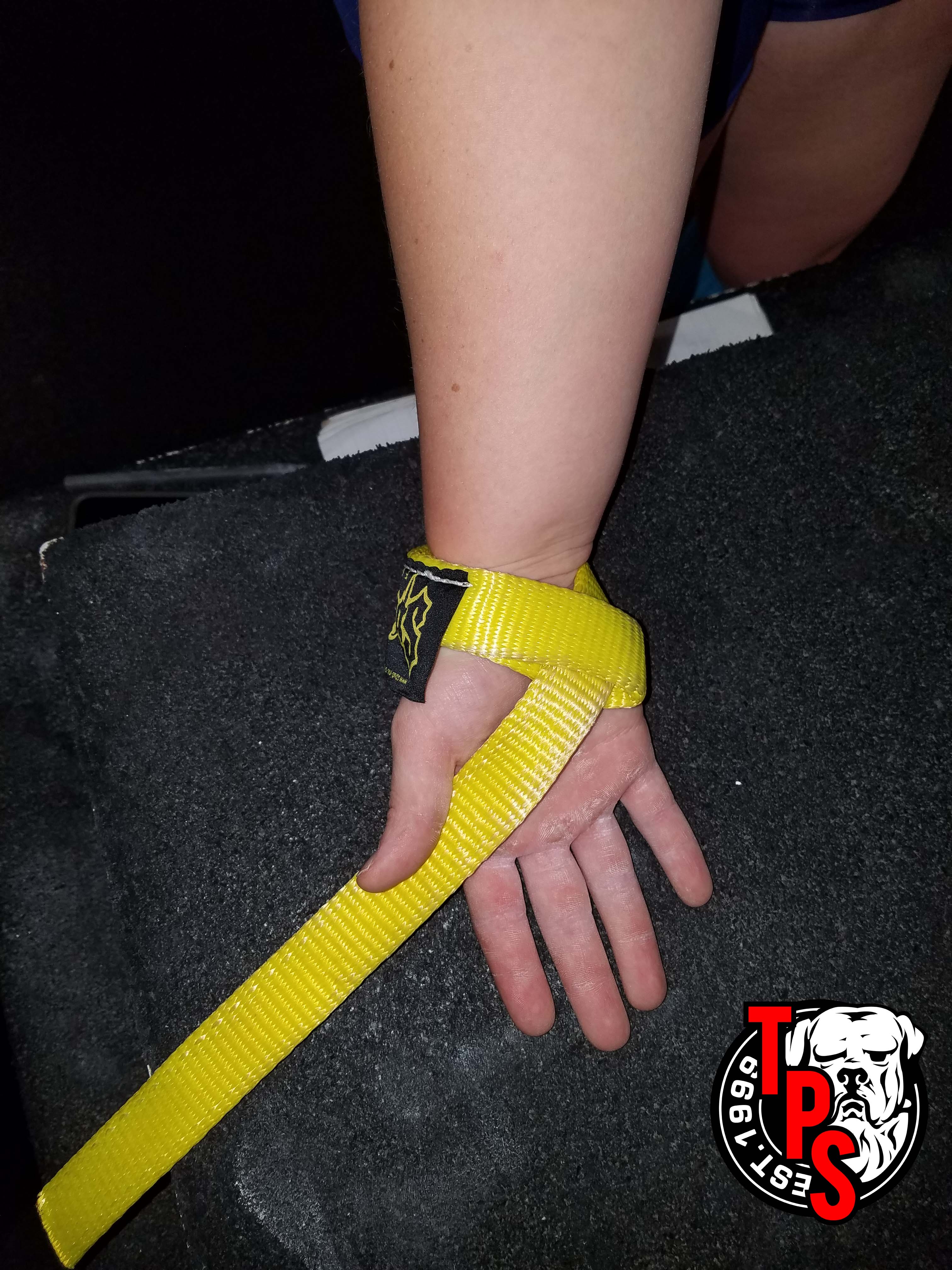Using lifting straps can revolutionize your weightlifting experience, providing you with the extra grip and support needed to lift heavier weights and enhance your performance. Whether you are a beginner aiming to improve your workout routine or an experienced lifter looking to reach new heights, understanding how to use lifting straps effectively can make all the difference. These simple yet powerful tools can help you focus on your form and strength while minimizing the risk of injury.
Lifting straps are designed to wrap around your wrists and the barbell or dumbbell you are lifting, allowing for a more secure grip. This is particularly beneficial during exercises like deadlifts, rows, and pull-ups, where grip fatigue can limit your performance. By learning how to use lifting straps, you can push through your limits and achieve your fitness goals more efficiently.
In this article, we will explore the various aspects of using lifting straps, including their benefits, how to choose the right type, and step-by-step instructions on how to use lifting straps correctly. Whether you want to increase your lifting capacity or simply enhance your workout experience, this guide will provide you with all the information you need.
What Are Lifting Straps?
Lifting straps are durable fabric or leather straps designed to assist weightlifters in maintaining a strong grip on weights. Typically, they are looped around the wrist and wrapped around the bar, providing additional support for the lifter’s grip. They are especially useful during heavy lifting when grip strength might fail before the muscles you are targeting do.
Why Should You Use Lifting Straps?
Using lifting straps offers several advantages for weightlifters:
- Enhanced grip strength: Lifting straps help you maintain your grip, allowing you to lift heavier weights.
- Reduced strain on the hands: Straps can alleviate pressure on your hands and wrists, reducing the risk of injury.
- Increased focus on target muscles: By taking grip strength out of the equation, you can concentrate more on the muscles you want to work.
- Improved performance: With better grip and less fatigue, you can complete more reps and sets, leading to greater gains.
How to Choose the Right Lifting Straps?
When selecting lifting straps, consider the following factors:
- Material: Choose between cotton, nylon, or leather based on your comfort and preference.
- Length: Ensure the straps are long enough to wrap around both your wrist and the bar securely.
- Padding: Some straps come with padding for added comfort, which can be beneficial during heavy lifts.
- Type: Decide between standard lifting straps and specialized options, such as figure-eight straps or padded straps, based on your lifting style.
How to Use Lifting Straps: A Step-by-Step Guide?
Here’s how to properly use lifting straps for various exercises:
- Wrap the strap around your wrist: Place the looped end around your wrist, ensuring it fits snugly but not too tight.
- Hold the strap in your hand: Take the free end of the strap and hold it in your hand, making sure it’s positioned to wrap around the bar.
- Wrap the strap around the bar: While holding the bar, wrap the strap around it once or twice, depending on the thickness of the bar and your grip preference.
- Secure your grip: Pull the strap tight to ensure it’s secure before beginning your lift.
- Lift with confidence: Focus on your form and engage your target muscles while the straps assist your grip.
Can Beginners Use Lifting Straps?
Absolutely! Beginners can benefit from using lifting straps as they help in developing proper lifting technique without the added challenge of maintaining grip. However, it's essential to first build a foundational grip strength before relying too heavily on straps. Incorporate them into your workouts gradually to enhance your lifting experience without sacrificing the development of your grip strength.
Are There Any Downsides to Using Lifting Straps?
While lifting straps offer numerous benefits, there are a few potential downsides to be aware of:
- If overused, they may lead to a lack of grip strength development.
- Improper usage can result in poor lifting form or technique.
- They can become a crutch for those who rely on them for all lifts.
How to Incorporate Lifting Straps into Your Workout Routine?
To effectively incorporate lifting straps into your workouts, consider the following tips:
- Use them for heavy lifts: Employ lifting straps during your heaviest sets to maximize strength gains.
- Alternate with grip training: Include dedicated grip training exercises in your routine to maintain grip strength.
- Focus on specific exercises: Utilize straps for exercises where grip fatigue is likely to limit performance, such as deadlifts or shrugs.
- Monitor your form: Always prioritize proper lifting form and technique, even when using straps.
Conclusion: Mastering How to Use Lifting Straps
In summary, learning how to use lifting straps can significantly enhance your weightlifting performance and overall workout experience. By understanding their benefits, selecting the right type, and following proper usage techniques, you can unlock new levels of strength and muscle growth. Remember to use straps strategically and maintain a balance with grip training to ensure continued progress in your lifting journey.
You Might Also Like
Unlocking The Secrets: How To Get 64 Stack TotemDiscovering The Deliciousness Of High Protein Low Calorie Blaze Pizza
The Enigmatic Tale Of The Original Annabel
Unveiling The Magic Of Everglades Seasoning
Discovering The Best Costco TV Stand For Your Home
Article Recommendations
- Bollyflix
- Jenna Ortega Sex Tape
- Paul Walker Died
- Alaina Ellis Leak
- Sophie Rain Only Fans Leaks
- Jelly Bean Brains Only
- Things To Draw When Bored Easy
- Bhad Bhabie Nude Leaks
- Kimberly Guilfoyle
- Aubrey Plaza Nude Leak


